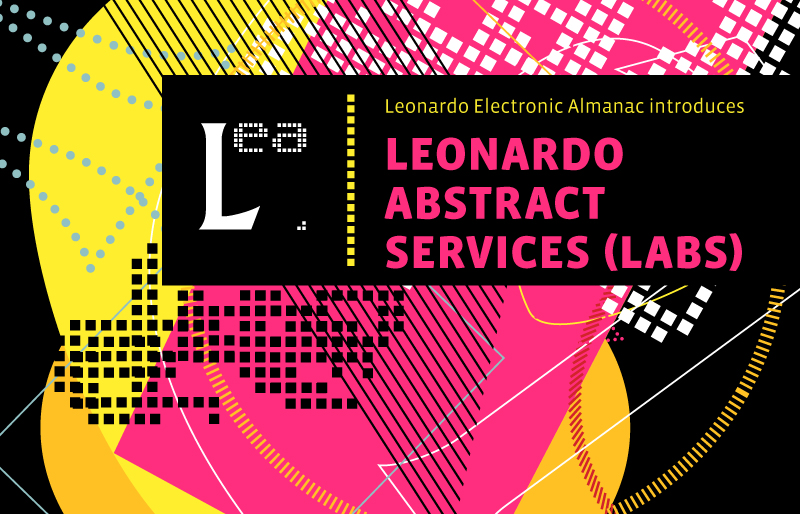
Leonardo Abstract Services (LABS) 2010-2011
Intentional Systems and the Artificial Intelligence (AI) Hermeneutic Network: Agency and Intentionality in Expressive Computational Systems
Human interaction with technical artifacts is often mediated by treating them as if they are alive. We exclaim “my car doesn’t want to start,” or “my computer loves to crash.” Of increasing cultural importance are software systems designed explicitly to perform tasks and/or exhibit complex behaviors usually deemed as intentional human phenomena, including creating, improvising, and learning. Compared to the instrumental programs (e.g., Adobe Photoshop), these intentional systems (e.g., George Lewis’ musical system Voyager) seem to produce output that is “about” certain things in the world rather than the mere execution of algorithmic rules. This dissertation investigates such phenomena with two central research questions: (1) How is system intentionality formed? and (2) What are the design implications for building systems that utilize such intentionality as an expressive resource.
In the discourse of artificial intelligence (AI) practice, system intentionality is typically seen as a technical and ontological property of a computer program, emerging from its underlying algorithms and knowledge engineering. Distilling from the areas of hermeneutics, actor-network theory, cognitive semantics theory, and philosophy of mind, this dissertation proposes a humanistic and interpretive framework called the AI hermeneutic network. It accentuates that system intentionality is narrated and interpreted by its human creators and users in their socio-cultural settings. Special attention is paid to system authors’ discursive strategies, a constitutive component of AI, embedded in their source code and technical literature. The utility of the framework is demonstrated by a close analytical reading of a full-scale AI system, Copycat.
The theoretical discovery leads to new design strategies, namely scale of intentionality and agency play. They provide insights for using system intentionality and agency as expressive resources that can be used to convey meanings and express ideas. The fruits of these insights are illustrated by a stream of consciousness literature inspired interactive narrative project Memory, Reverie Machine, co-developed using Harrell’s GRIOT system. It portrays a protagonist whose intentionality and agency vary dynamically in service of narrative needs.
Degree: Ph.D.
Year: 2009
Pages: 237
University: Georgia Institute of Technology
Supervisor: D. Fox Harrell
Language: English
Dept: Digital Media
Copyright: Jichen Zhu
Lang_author: English
Url:
Email: jichen@gatech.edu
Keywords: Artificial Intelligence, intentionality, hermeneutics, ineractive narrative
LEONARDO ABSTRACTS SERVICE (LABS) is a comprehensive collection of Ph.D., Masters and MFA thesis abstracts on topics in the emerging intersection between art, science and technology.
If you are interested you can submit your abstract to the English LABS, Spanish LABS and French LABS international Peer Review Panels for inclusion in their respective databases. The authors of abstracts most highly ranked by the panel will also be invited to submit an article for consideration for publication in the refereed journal Leonardo.
Files:
